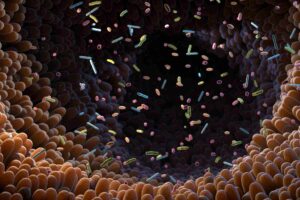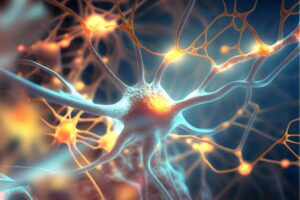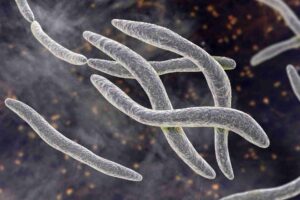Giorgia Guglielmi
Gynecology
The findings of a new study reveal a microbe-immune axis that is disrupted in pregnant animals, suggesting potential therapeutic approaches for pregnancy-associated sepsis.
Pediatrics
The findings of a new study suggest that a newborn’s lung immunity is influenced by the interplay between maternal γδ T cells, the gut microbiota and microbial-derived SCFAs.
Gastroenterology, Pediatrics
The findings of a new study suggest that mycobiome maturation and infant growth trajectories are linked.
Gastroenterology
The findings of two recent studies published in Cell Host & Microbe may help to develop new diagnostic tools and better animal models of ME/CFS.
Gynecology, Pediatrics
The findings of a new study support the ‘sterile womb’ hypothesis and may help scientists avoid pitfalls of contamination in the analysis of samples where microbes are expected to be…
Endocrinology, Gastroenterology
The findings of a new study indicate that gut commensals may contribute to obesity through the overproduction of microbe-derived lipids.
Gynecology
The findings of a new study suggest that biomarkers such as the gut microbiota composition may help develop diagnostics and therapeutic approaches for gestational diabetes.
Immunology
The immune system tolerates flagellins of commensal bacteria while mounting an immune response against flagellins produced by pathogens.
Neuroscience
The findings may inform strategies to modulate the gut microbiota as a way to prevent or treat neurodegeneration.
Oncology
Vaccines against F. nucleatum and other onco-microbes may help prevent diseases such as colorectal cancer.











